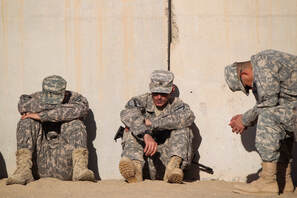
We live in troubling times. The world is in the midst of terrorism, war and bloodshed. Nations are tottering and governments are in danger of being overthrown. Hardly a day passes but what we hear of some terrible catastrophe or some awful tribulation somewhere in the world. As Isaiah prophesied: “…darkness covers the earth, and deep darkness covers the nations.”
In Sustainable Spirituality, I write: “World peace,... embraces the ideal of worldwide non-violence through a system of restraint that would prevent warfare. World peace refers to an end of all aggression and hostility between all humanity. Since 1945, the United Nations have struggled to settle conflicts without nations resorting to war. Nevertheless, countries have continued to engage in numerous military conflicts since that time.” For decades now the world has witnessed a constant and continuing series of rebellions, uprisings, and stormy negotiations caused by people who seek to throw off what they consider oppression and radical rule. The sad truth is, war will persist on our planet until the present nations of earth are consumed. After warning his disciples of the impending destruction of Jerusalem (which occurred in 70 A.D.), Jesus foretold of events which will proceed his Second Coming. Jesus also cautioned his disciples that during this period, false reports of his coming would begin to circulate and he advised that these reports should not be believed. He said that when he did come, his coming would be visible to the entire earth. And then Jesus forewarned the disciples of a period of wars. These would be preparatory wars. Jesus declared: “You will hear of wars and rumors of wars. See that you aren’t troubled, for all this must happen, but the end is not yet.” Quoting again from Sustainable Spirituality, “Christian belief indicates that any semblance of world peace will only be achieved through the Word of God and by the love of God as exemplified in the life of Jesus Christ. Obtaining peace requires good works and forgiveness toward those who do wrong. A distinct difference in Christianity, however, is that Christians do not expect to achieve worldwide peace until that peace is established upon the ‘new earth’ foretold in Revelation 21. “The Book of Matthew quotes Christ as saying: 'Do not suppose that I have come to bring peace to the earth. I did not come to bring peace, but a sword. For I have come to turn a man against his father, a daughter against her mother, a daughter-in-law against her mother-in-law—a man’s enemies will be the members of his own household.'” Right now, there are nations that do not permit any religion to be proclaimed within their borders except that which is established by law. War has, to some degree, been regarded as an instrument used to overthrow rulers and governments which would not allow the Gospel of Jesus Christ to be preached. When God shall cast down thrones, which He will soon do, and when He shall overturn kingdoms and empires, which time is very near, then governments will be formed that are more favorable to religious liberty and more willing to allow the Word of God to be preached to their citizens. God will overturn despotic powers and transform long-established institutions and governments so that His followers may go by His own command to deliver the great message of the Gospel of Jesus Christ to the people of the earth preparatory to the Second Coming of His son. Politically speaking, some barriers still need to be removed and some conquests must still be achieved among certain nations where mind, and thought, and religion are still prescribed by law. The subjugation of Japan is an example of what God can (and will yet) do. Many may not realize that it was World War II that opened the door for Christianity to be established in Japan. It achieved one of the most significant changes necessary to God’s purposes in establishing constitutional liberty among certain nations. Christ warns us that war will be poured out on all nations, but the characteristics of the earlier warfare differ from the characteristics of what is still to come. The purpose of the early warfare is to allow the Word of God to be preached in areas where it has been prohibited in the past. This first period is considered the period of preparatory wars. After Christ’s emissaries have entered into all these nations, and persecution has arisen against the Christians there, the type of warfare which will be waged throughout the earth will eventually change. War will no longer serve the purpose of preparing the nations to receive God’s word, but it will become, instead, an instrument of destruction and annihilation. The early wars are preparatory to the preaching of the Gospel, the other is a war of terrible eradication. After his initial warning to the disciples, the Savior spoke of this second era of wars: the wars of complete destruction. Prophesying of the second period of wars, the Savior also foretold of the plagues and destructions which are to be poured out along with the wars of complete destruction. “For nation will rise against nation, and kingdom against kingdom; and there will be famines, plagues, and earthquakes in various places.” With such an ominous prospect looming in our lives, how do we find peace in our world? How to we achieve peace in the presence of fear? It is a knowledge and understanding of spiritual matters that makes the difference in whether Christians view the future with anxiety or with anticipation, with fear or with hope. The strength of our souls, not the circumstances of our lives, chases away the fear in our hearts and assures the establishment of peace within. With a “perfect love” that “drives out fear,” Jesus consistently and persistently declares the way of peace in the midst of suffering and turmoil, present or future, expected or unexpected. We are being disciplined. When we come to appreciate the wisdom of this, we will view all of life as a road to sanctification. I sincerely believe that these difficult times can bring us closer and closer to God. Read Spiritual Sustainability by S. Richard Nelson
0 Comments
Leave a Reply. |
Rich Nelson
|
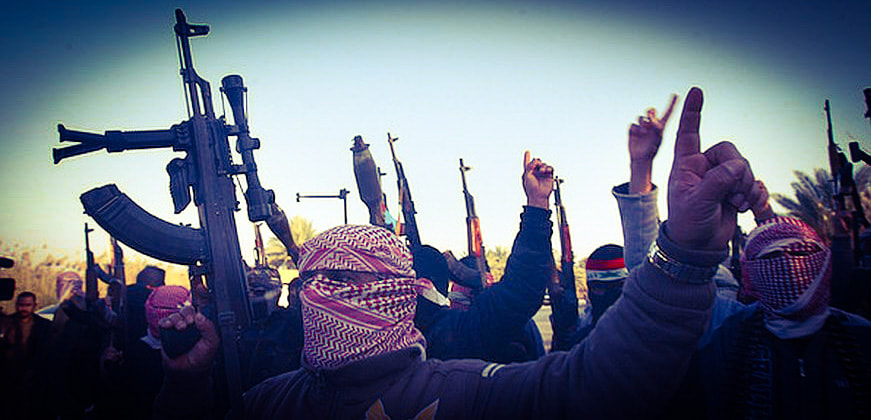
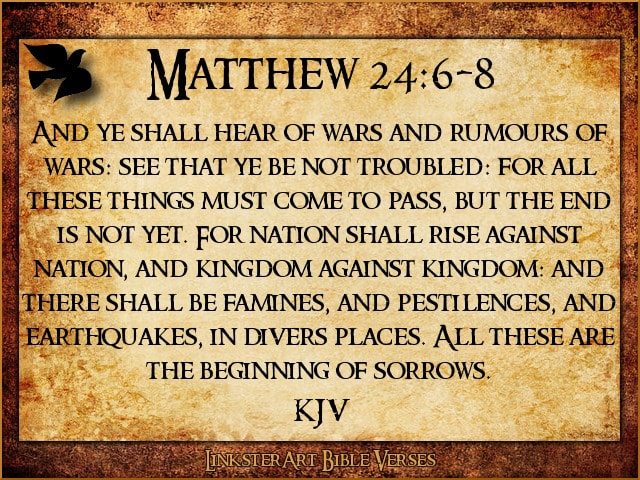

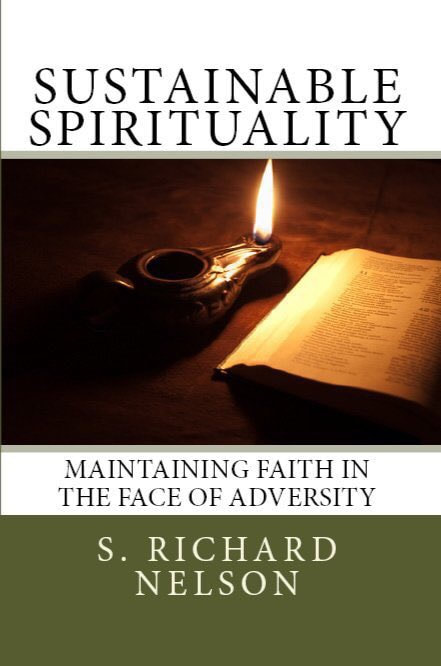
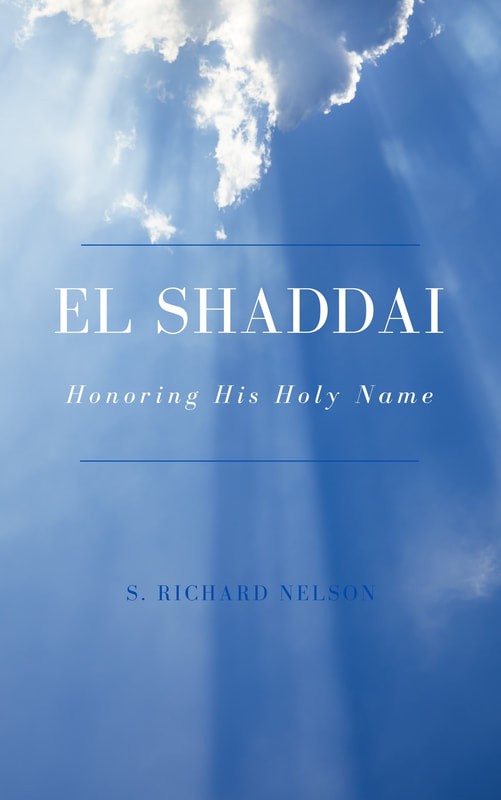
 RSS Feed
RSS Feed
